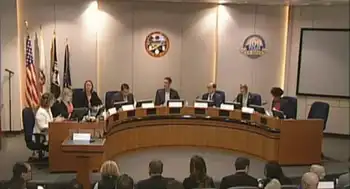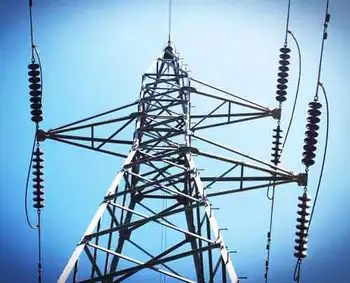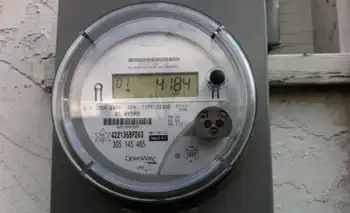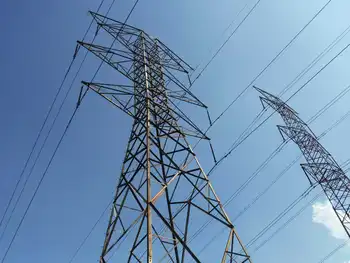Power plant crippled by lightning
By Knight Ridder Tribune
Substation Relay Protection Training
Our customized live online or in‑person group training can be delivered to your staff at your location.

- Live Online
- 12 hours Instructor-led
- Group Training Available
The tab for Wisconsin Public Service Corp. breaks down to $8.3 million for repairs to the plant and $26 million in higher costs for power the utility must purchase to replace that generated by the plant, near Wausau. The Oct. 6 strike was the second time in two years that the plant was knocked out of service because of a lightning strike.
Wisconsin Public Service Corp., based in Green Bay, said the damage was worse than it first projected. A detailed inspection of the plant revealed damage to the power plant's turbine and generator rotors, said Terry Jensky, vice president of energy supply operations at Wisconsin Public Service.
The plant is expected to be out of service until late 2007 or early 2008, instead of this month.
The plant generates 321 megawatts of electricity, or enough to power more than 160,000 homes. In August 2006, the same power plant was struck by lightning, resulting in appeals by the utility for customers to curtail electricity use in the Wausau, Minocqua and Rhinelander areas.
The utility also cut off power supply to large manufacturing customers. The plant returned to service within a few days, a utility spokeswoman said.
If there's any bright side to the second lightning strike, Jensky said, "at least we were through the summer when peak demand for air-conditioning loads can create an increased electric reliability issue." The damage came despite installation last year of "a state-of-the-art lightning suppression" system that was in operation at the time of the latest strike, the utility says in a letter filed with regulators.
State regulators have authorized the utility to seek to recover the $26 million from its customers at a later date. A request to recover the repair costs of $8.3 million is pending.
In a letter to state regulators, the utility says the lightning strike would reduce profit by 0.5% in 2007 - which would translate to 7 cents a share in lower earnings for the company's parent company, Integrys Energy Group Inc. of Chicago. That financial hit wouldn't reduce earnings if the state Public Service Commission approves the utility's proposal seeking to recover those costs from customers at a later date.
The calls to conserve power last summer after the lightning strike and a fire at the plant provided a stark reminder of the problems experienced by the state's power grid in the past decade. The state experienced widespread electricity shortages in the late 1990s that spawned construction of power plants and high-voltage transmissions lines.
That building boom includes two Wausau-area projects: a $750 million coal-fired power plant that will open next year near the plant struck by lightning, and a controversial 345,000-volt, $420 million power line that will extend from Wausau to Duluth, Minn. Both projects are expected to be generating and distributing power by next summer.











